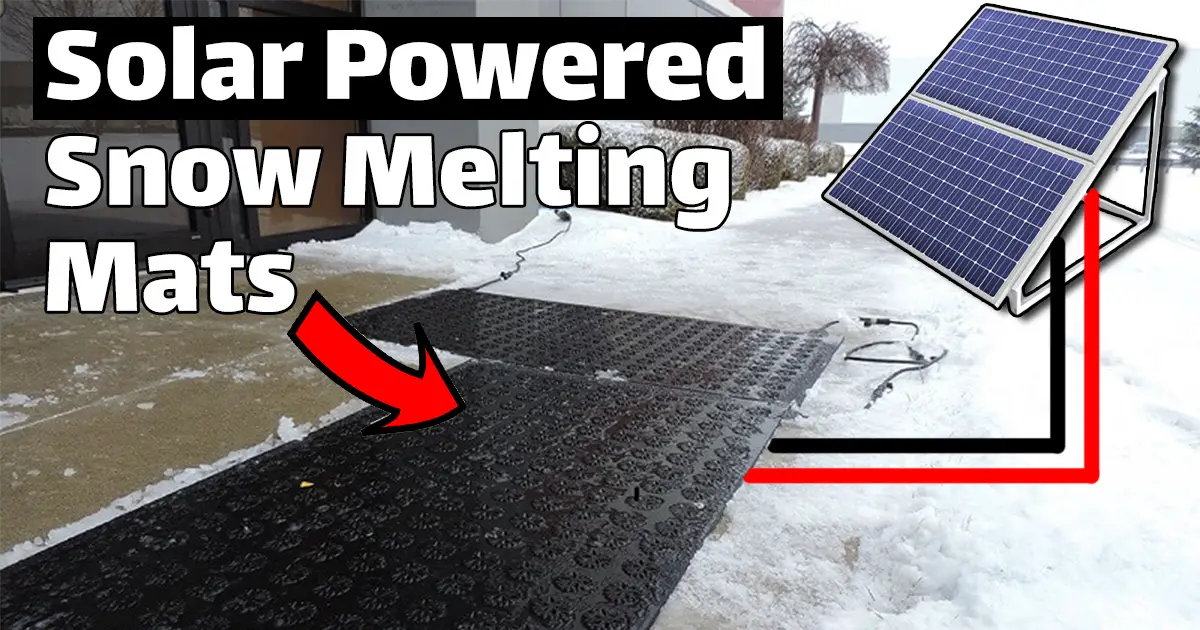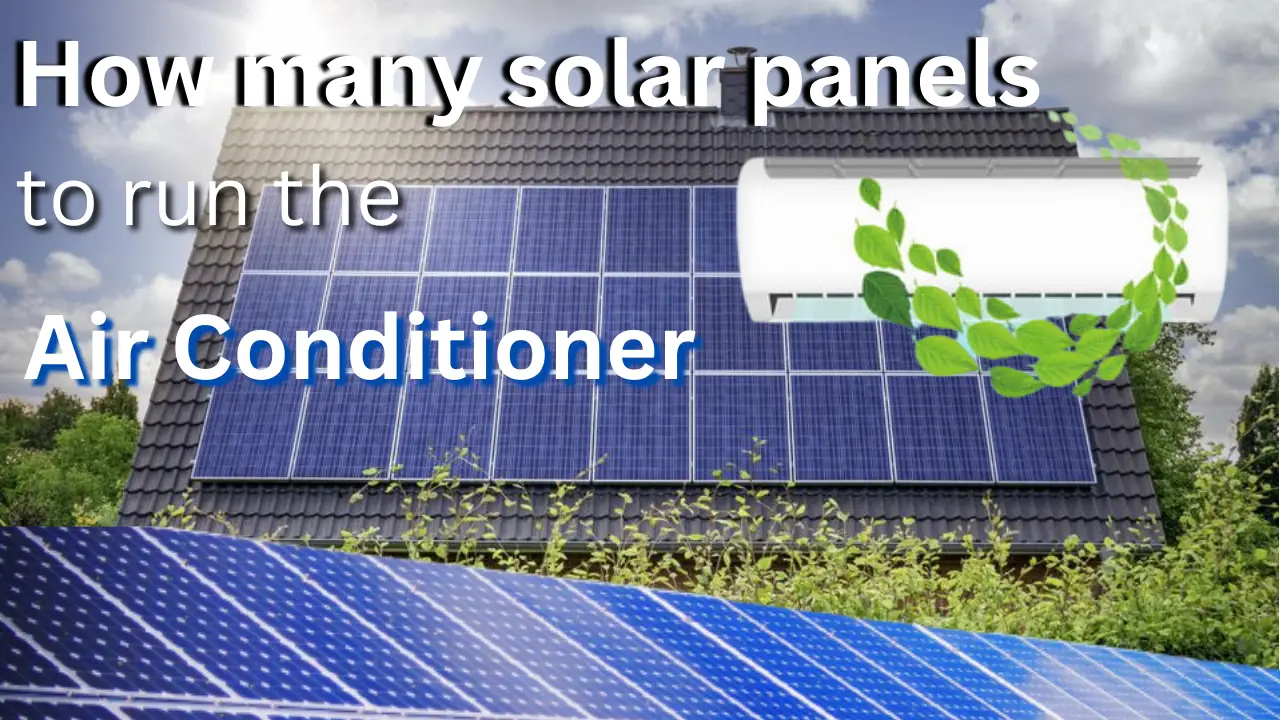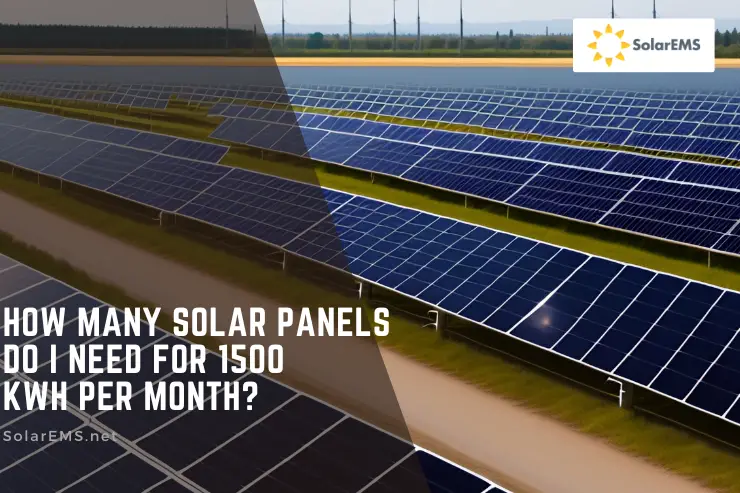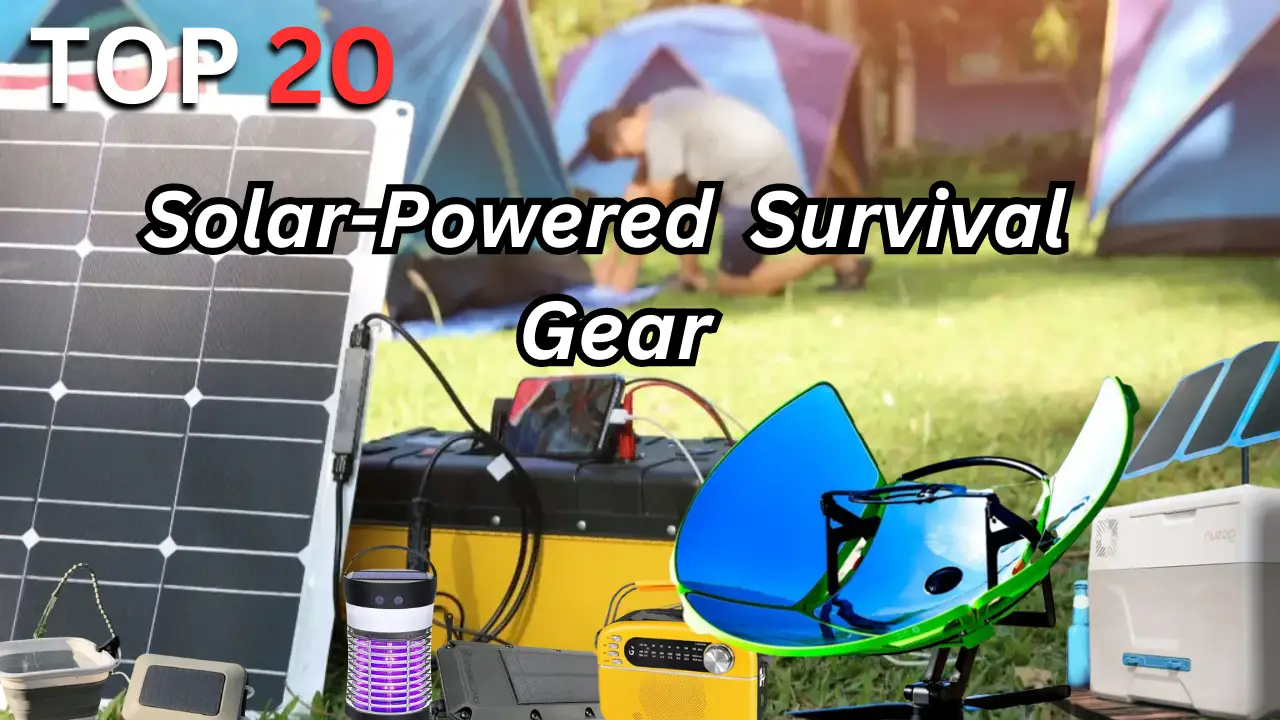Reasons Why Your Solar Lights Not Working & How To Fix Solar Lights:
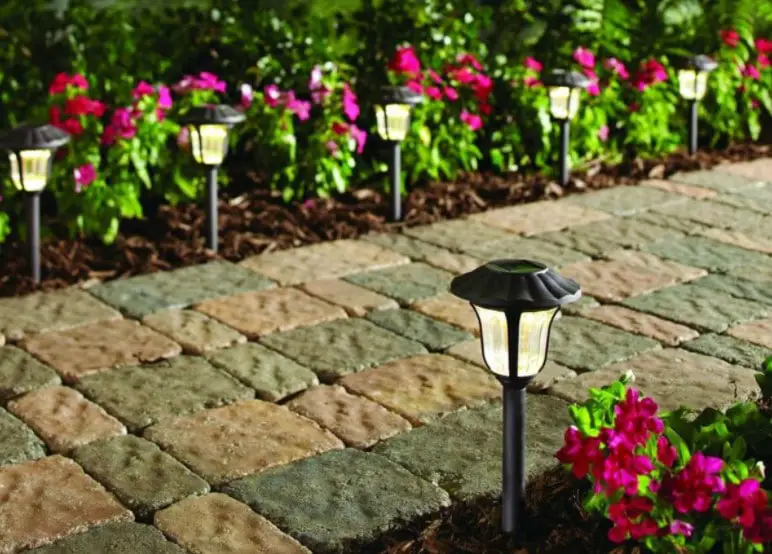
Solar lights are a great way to add a touch of ambiance to your outdoor space and provide a sustainable lighting solution. However, there may be times when your solar lights are not working properly. Here are some common reasons why your solar lights may not be working and how to fix them:
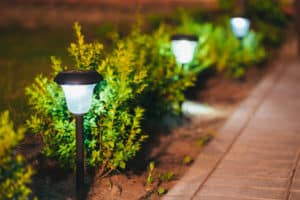
1. No Sunlight:
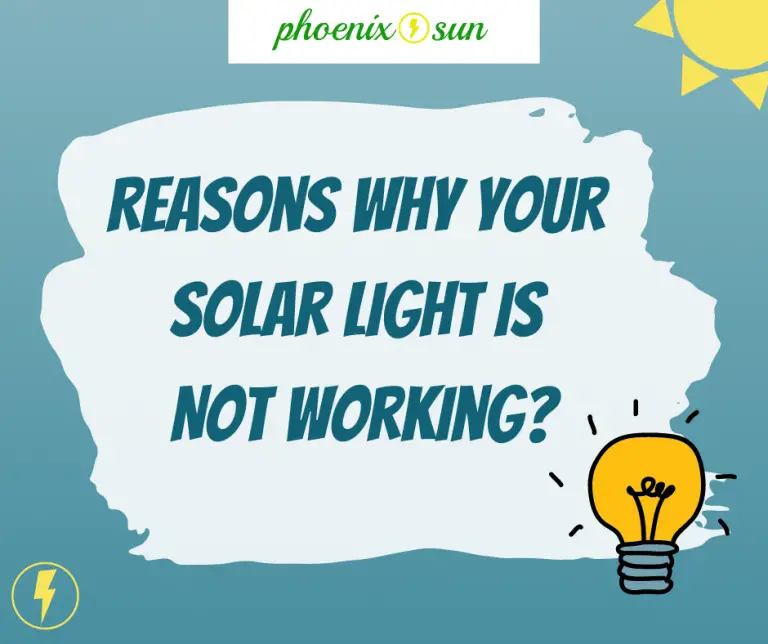
Reason: Solar lights rely on sunlight to charge during the day. If your solar lights are not getting enough sunlight, they may not have enough power to illuminate at night.
Fix:
- Make sure your solar lights are placed in a location that receives direct sunlight for at least 6-8 hours a day.
- Trim any tree branches or other obstacles that may be blocking the sunlight.
- Consider using a solar light with a larger panel or higher efficiency to capture more sunlight.
2. Dirty Solar Panel:
Reason: A dirty or dusty solar panel can reduce the amount of sunlight that reaches the solar cells, affecting the charging efficiency.
Fix:
- Gently clean the solar panel with a soft cloth and mild soap.
- Avoid using harsh chemicals or abrasive materials that may damage the panel.
- Clean the solar panel regularly to ensure optimal performance.
3. Damaged Solar Panel:
Reason: If the solar panel is cracked or damaged, it may not be able to generate electricity efficiently.
Fix:
- If the damage is minor, you may be able to repair the solar panel using a solar panel repair kit.
- For more significant damage, it may be necessary to replace the entire solar panel.
4. Faulty Battery:
Reason: A faulty or dead battery can prevent the solar lights from illuminating.
Fix:
- Check the battery voltage using a multimeter to ensure it is within the manufacturer’s specifications.
- If the battery is dead or below the specified voltage, replace it with a new battery.
- Ensure you are using the correct battery type and size for your solar lights.
5. Loose Connections:
Reason: Loose connections between the solar panel, battery, and light fixture can disrupt the flow of electricity.
Fix:
- Check the connections between the solar panel, battery, and light fixture to ensure they are tight and secure.
- Clean any corrosion or dirt from the connection points to improve conductivity.
- Consider using a waterproof sealant to protect the connections from moisture and corrosion.
6. Faulty Light Fixture:
Reason: A faulty or damaged light fixture may prevent the solar lights from illuminating even if the solar panel and battery are functioning correctly.
Fix:
- Inspect the light fixture for any signs of damage or corrosion.
- Tighten any loose screws or components within the light fixture.
- If the light fixture is damaged beyond repair, replace it with a new one.
7. Incorrect Settings:
Reason: Some solar lights have adjustable settings, such as brightness levels or motion detection sensitivity. If these settings are not configured correctly, the solar lights may not function as intended.
Fix:
- Refer to the manufacturer’s instructions to understand the different settings and their functions.
- Adjust the settings to your desired preferences to ensure the solar lights operate as expected.
8. Weather Conditions:
Reason: Extreme weather conditions, such as heavy rain, snow, or high winds, can temporarily affect the performance of solar lights.
Fix:
- Consider using solar lights with a waterproof design to withstand harsh weather conditions.
- Place the solar lights in a sheltered location to minimize exposure to extreme weather.
9. Old or Worn-Out Solar Lights:
Reason: Over time, solar lights may degrade due to wear and tear, reducing their efficiency and lifespan.
Fix:
- If your solar lights are old or have been used for an extended period, it may be necessary to replace them with new ones.
- Choose solar lights made from durable materials and reputable brands to ensure longevity.
10. Manufacturer’s Defect:
Reason: In some cases, solar lights may not work due to a manufacturer’s defect.
Fix:
- Check if your solar lights are under warranty. If so, contact the manufacturer for a replacement or repair.
- Ensure you purchase solar lights from reputable brands with a history of producing reliable products.
By following these troubleshooting tips, you can identify the root cause of why your solar lights are not working and take the necessary steps to fix them. Regular maintenance and proper placement can help ensure your solar lights continue to illuminate your outdoor space efficiently and effectively.# Reasons Why Your Solar Lights Not Working & How To Fix Solar Lights
Executive Summary:
Solar lights are commonly used for outdoor lighting in pathways, gardens, parks, and security illumination. They offer the benefits of energy savings, environmental friendliness, and low maintenance. However, solar lights may occasionally not work due to various factors, ranging from simple issues like dirt buildup to more complex problems such as battery failure. This article delves into the potential reasons why solar lights might not be functioning properly and provides practical troubleshooting steps for resolving these issues. By following the recommended methods, you can restore the functionality of your solar lights and ensure optimal performance.
Introduction:
Solar lights have garnered widespread popularity due to their ability to harness the sun’s energy and convert it into electricity, eliminating the need for traditional wiring and electricity. They are designed to operate efficiently, providing illumination during the night without requiring constant maintenance. However, like any other electronic device, solar lights can encounter occasional malfunctions or performance issues. Understanding the root causes of these problems and implementing appropriate solutions is essential to maintain the longevity and effectiveness of your solar lights.
Common Reasons Why Solar Lights Stop Working:
1. Dirt and Debris Accumulation:
One of the most frequent causes of solar light malfunction is the accumulation of dirt, dust, and debris on the solar panel surface. This layer of grime obstructs the penetration of sunlight, reducing the amount of energy generated and stored in the battery.
- Regular Cleaning: Regularly wipe the solar panel using a damp cloth to eliminate dirt and debris.
- Avoid Harsh Chemicals: Refrain from using abrasive materials or harsh chemicals that could damage the solar panel.
- Optimal Positioning: Ensure the solar light is placed in a location with adequate direct sunlight throughout most of the day.
- Seasonal Maintenance: During seasons with heavy rainfall or snowfall, inspect and clean the solar light more frequently to prevent residue buildup.
2. Battery Failure:
Over time, batteries in solar lights may degrade and eventually fail, leading to diminished performance or complete loss of illumination. Battery life can be affected by factors such as weather conditions, frequency of use, and overall quality of the battery.
- Battery Replacement: If the battery is the cause of the problem, it can be replaced with a new one of the same type and voltage.
- Consider High-Quality Batteries: Invest in reputable brands and batteries designed specifically for solar lights.
- Minimize Extreme Temperatures: Protect the solar light from extreme heat and cold to prolong battery life and avoid damaging the battery cells.
- Proper Disposal: Dispose of old batteries responsibly to minimize negative environmental impact.
3. Faulty Wiring:
Improper connections, loose wiring, or damaged cables can disrupt the flow of electricity from the solar panel to the light fixture. This can be caused by harsh weather conditions, animal interference, or improper installation.
- Inspect the Wiring: Thoroughly inspect the wires for any damage or loose connections, particularly at the solar panel, light fixture, and battery compartments.
- Use Weather-Resistant Connections: Ensure all connections are properly secured and protected from moisture using waterproof connectors or electrical tape.
- Replace Damaged Wires: If any wires are found to be damaged, replace them with suitable gauge wires designed for outdoor use.
4. Insufficient Sunlight Exposure:
For optimal performance, solar lights rely on sufficient exposure to direct sunlight. Inadequate sunlight can result in incomplete charging of the battery, leading to reduced illumination or total failure of the solar lights.
- Proper Placement: Position the solar lights in areas with unobstructed access to sunlight throughout most of the day.
- Consider Seasonal Variations: Pay attention to the angle and duration of sunlight during different seasons. Adjust the position of the solar lights to maximize sunlight exposure.
- Avoid Obstructions: Remove any obstacles, such as overgrown plants or trees, that may block direct sunlight from reaching the solar panel.
5. Sensor Malfunction:
Many solar lights are equipped with sensors to automatically turn on at dusk and off at dawn. If these sensors fail, the solar light may not work properly or at all.
- Clean the Sensor: Dirt or debris accumulation on the sensor can obstruct its functionality. Clean the sensor with a soft cloth to restore its effectiveness.
- Check for Obstructions: Ensure there are no objects or obstructions blocking the sensor from detecting changes in ambient light.
- Replace the Sensor: If the sensor is faulty, it may need to be replaced. Replace it with a compatible sensor designed for your specific solar light model.
Conclusion:
By addressing common issues like dirt accumulation, battery failure, faulty wiring, insufficient sunlight exposure, and sensor malfunctions, you can restore the functionality of your solar lights and ensure their continued operation. Regular cleaning, proper maintenance, and及时更换部件, you can prolong the lifespan of your solar lights and continue enjoying their energy-saving and eco-friendly benefits. With the right care and attention, solar lights can provide reliable illumination for years to come.
Keyword Phrase Tags:
- Solar lights not working
- Troubleshooting solar lights
- Fix solar lights
- Solar light problems
- Solar light maintenance

